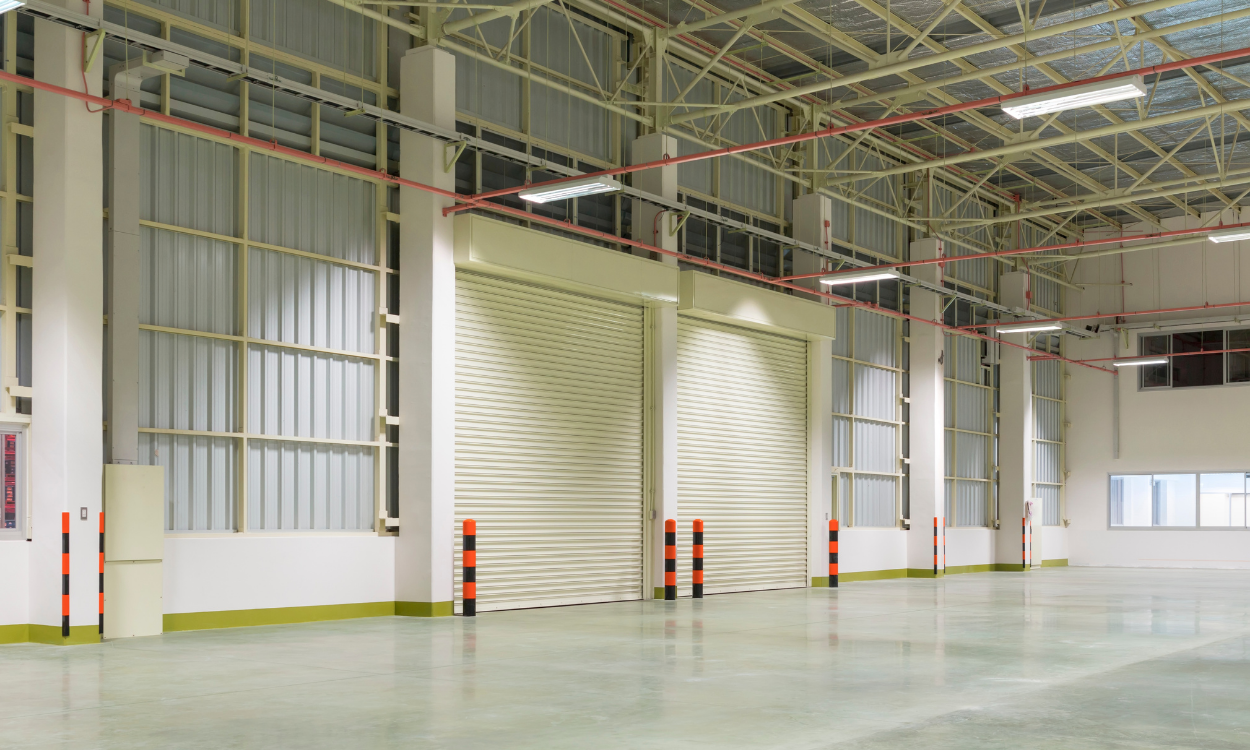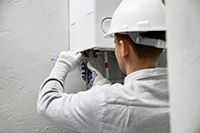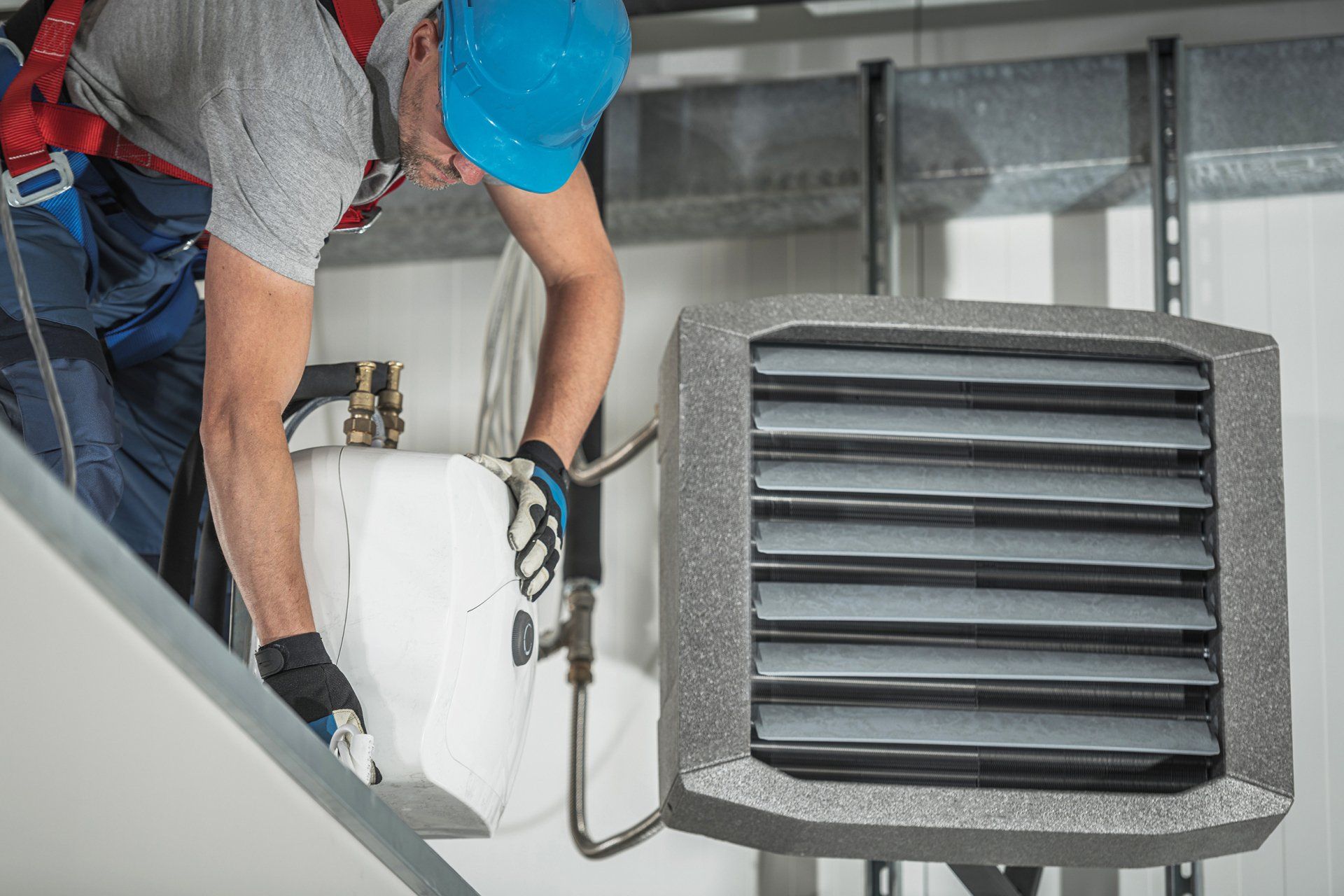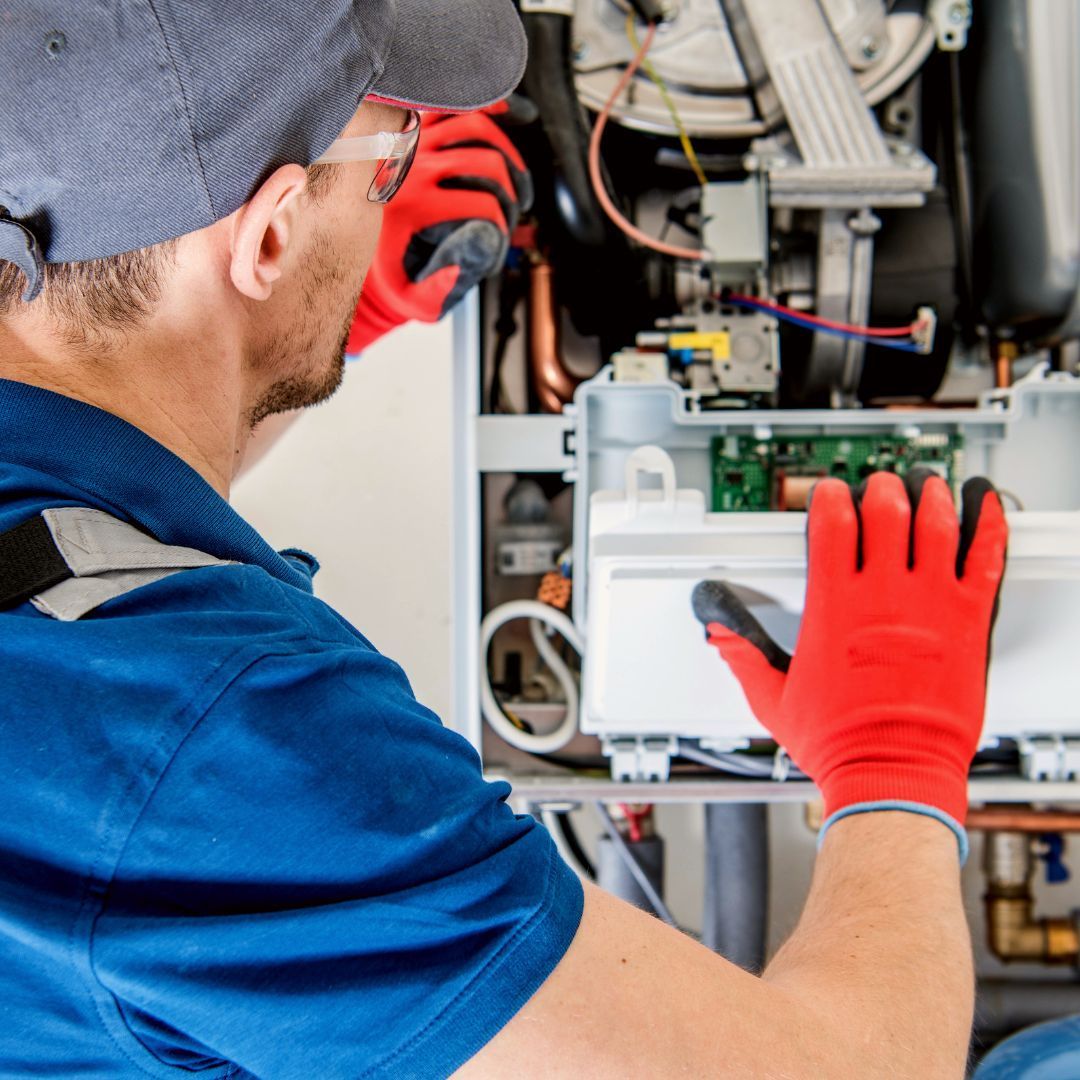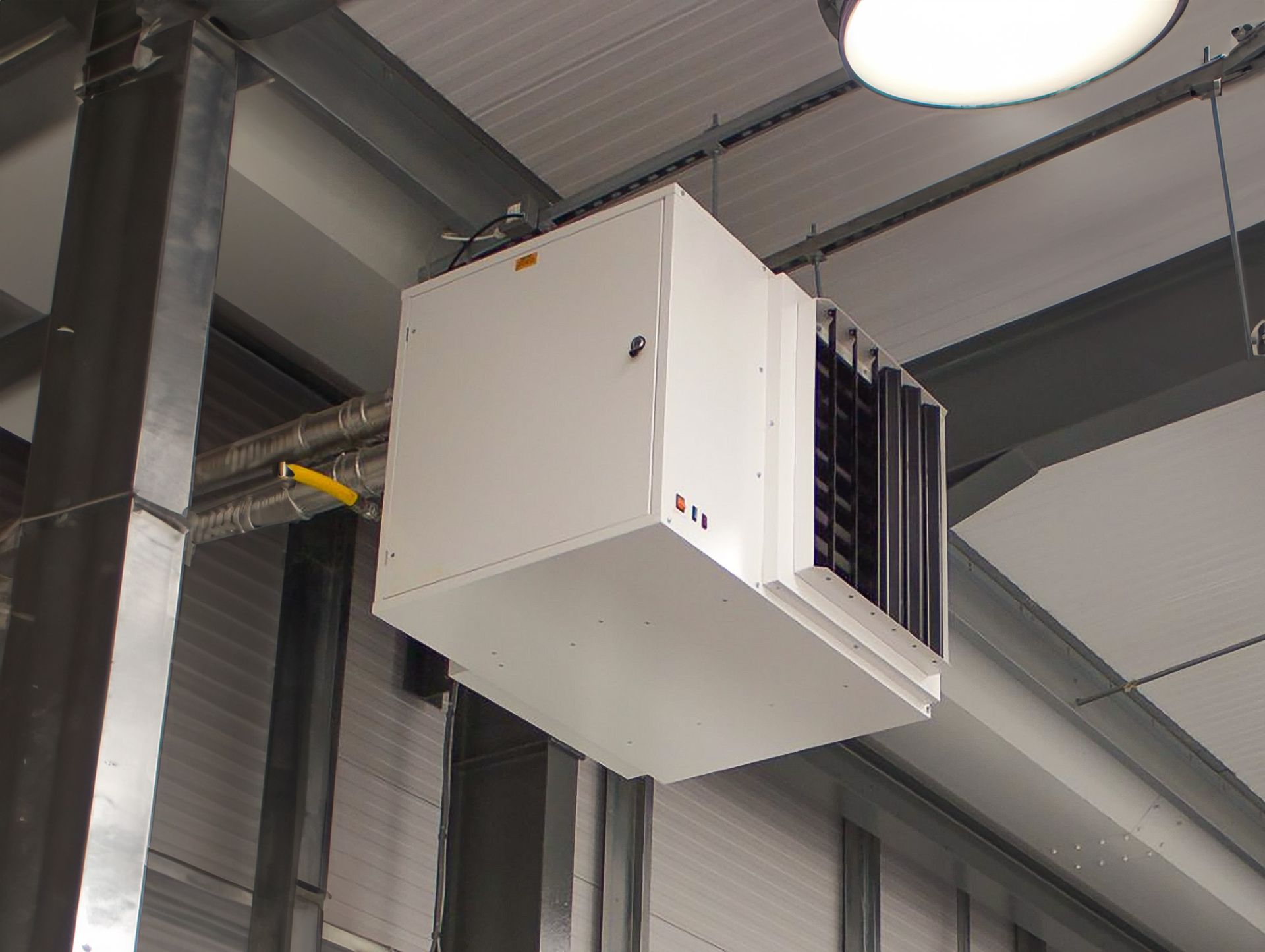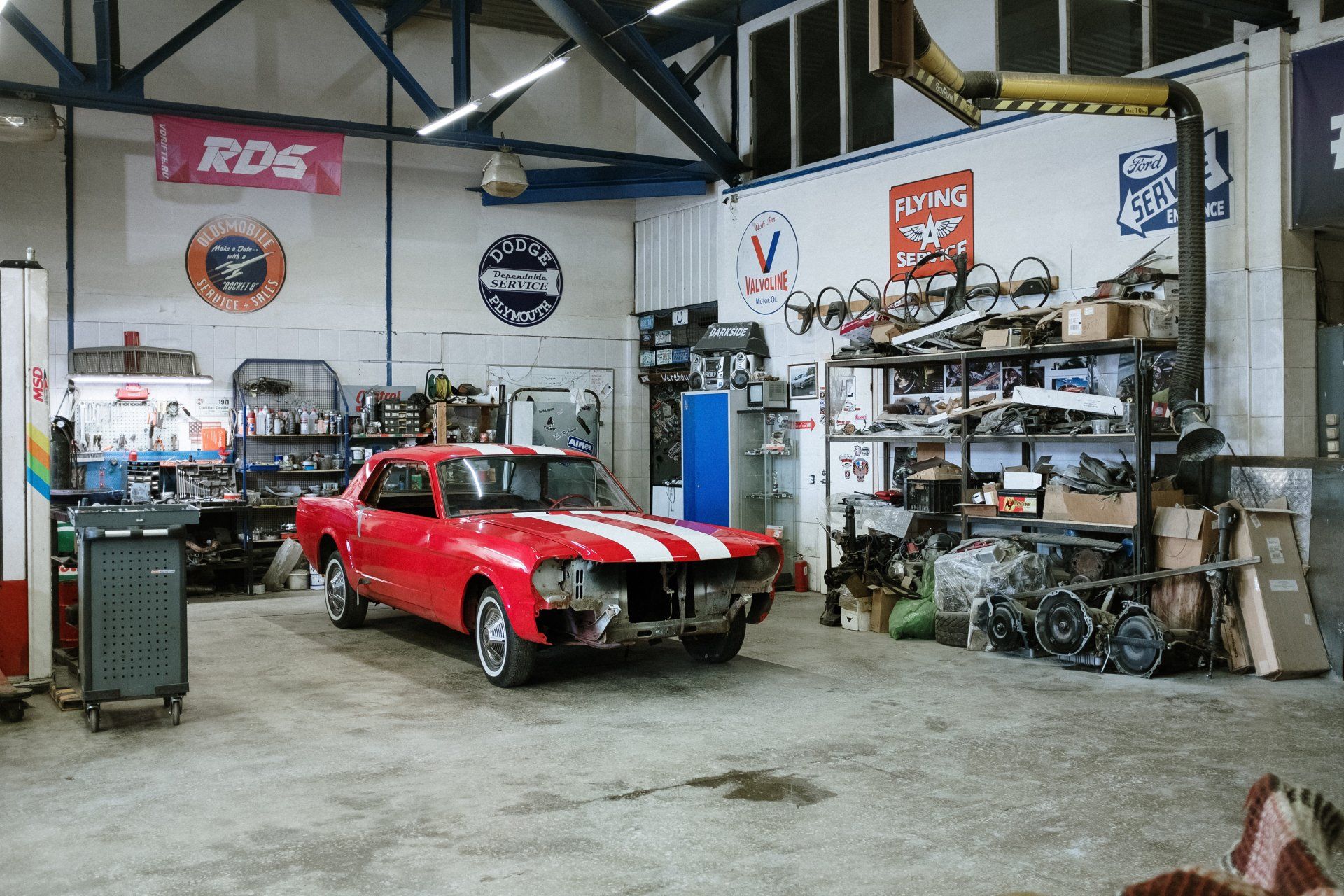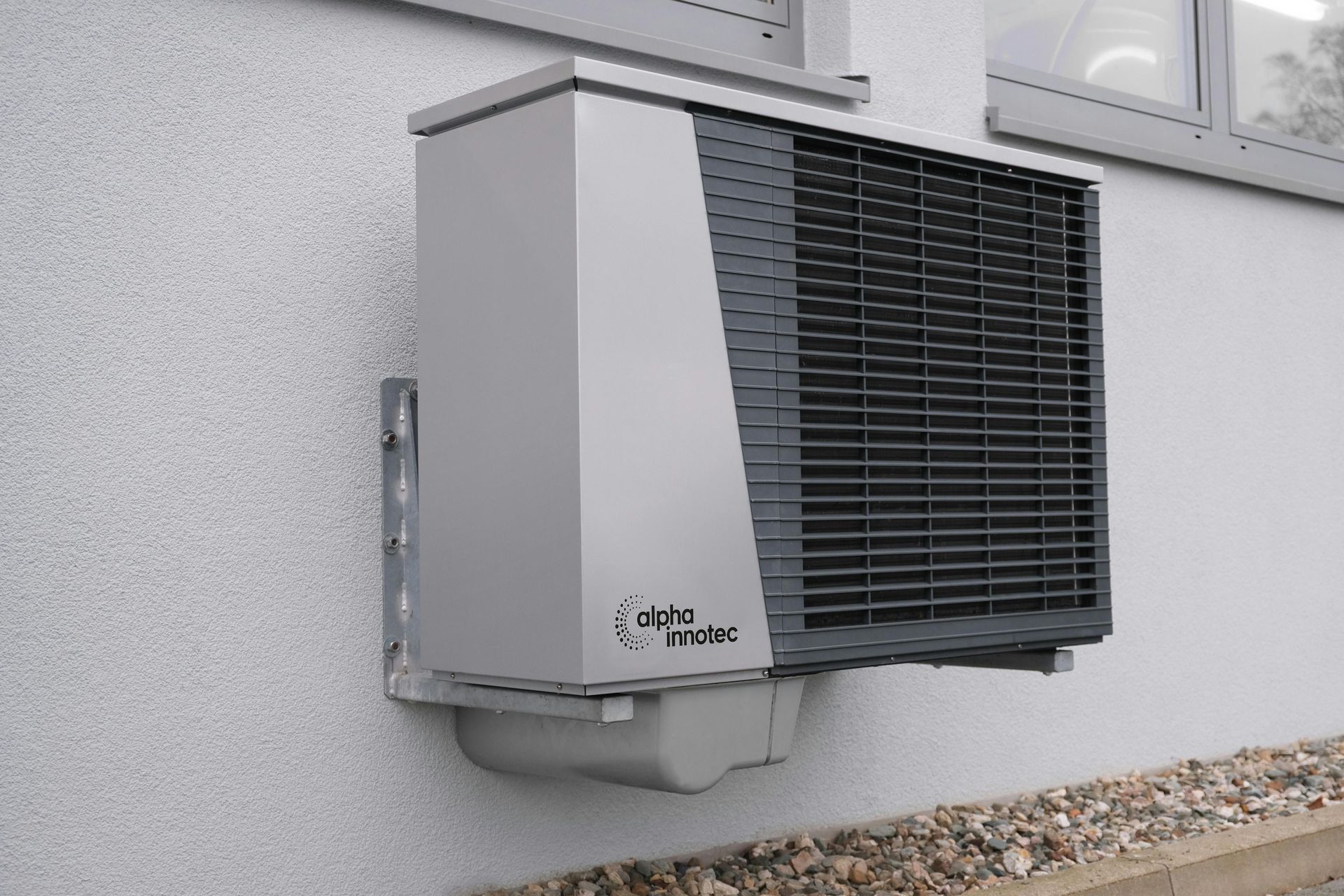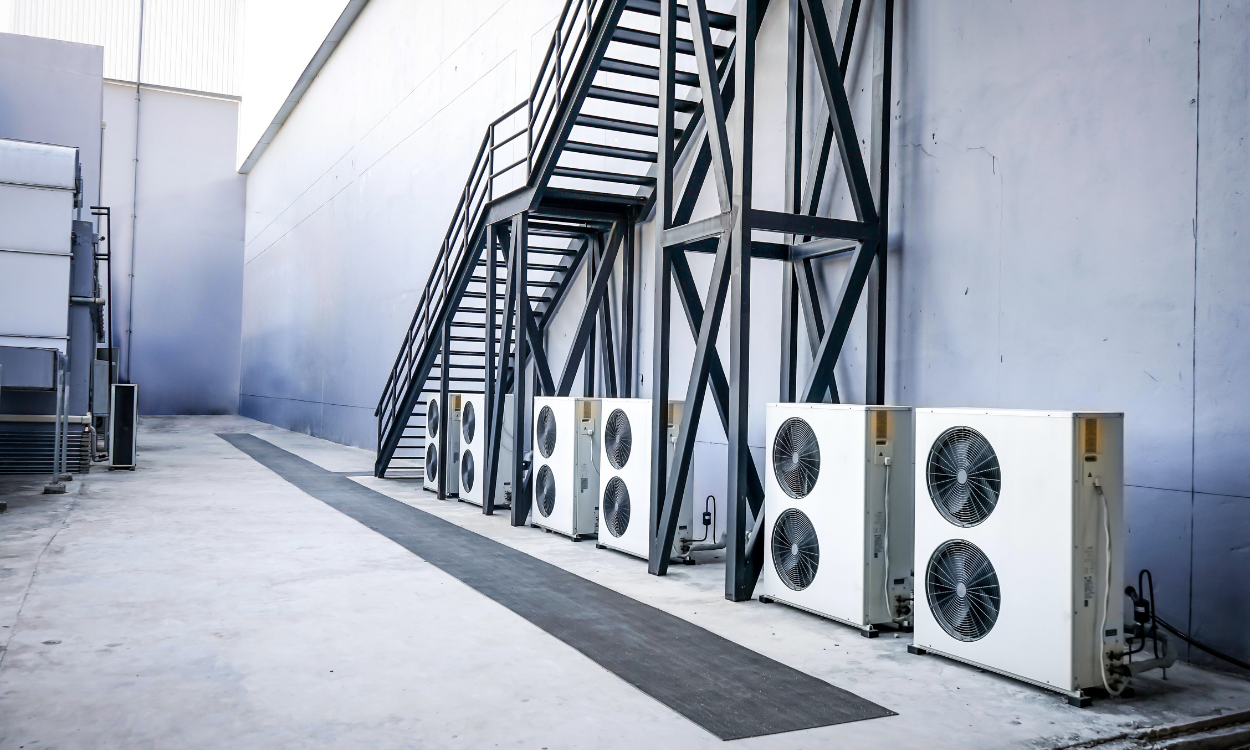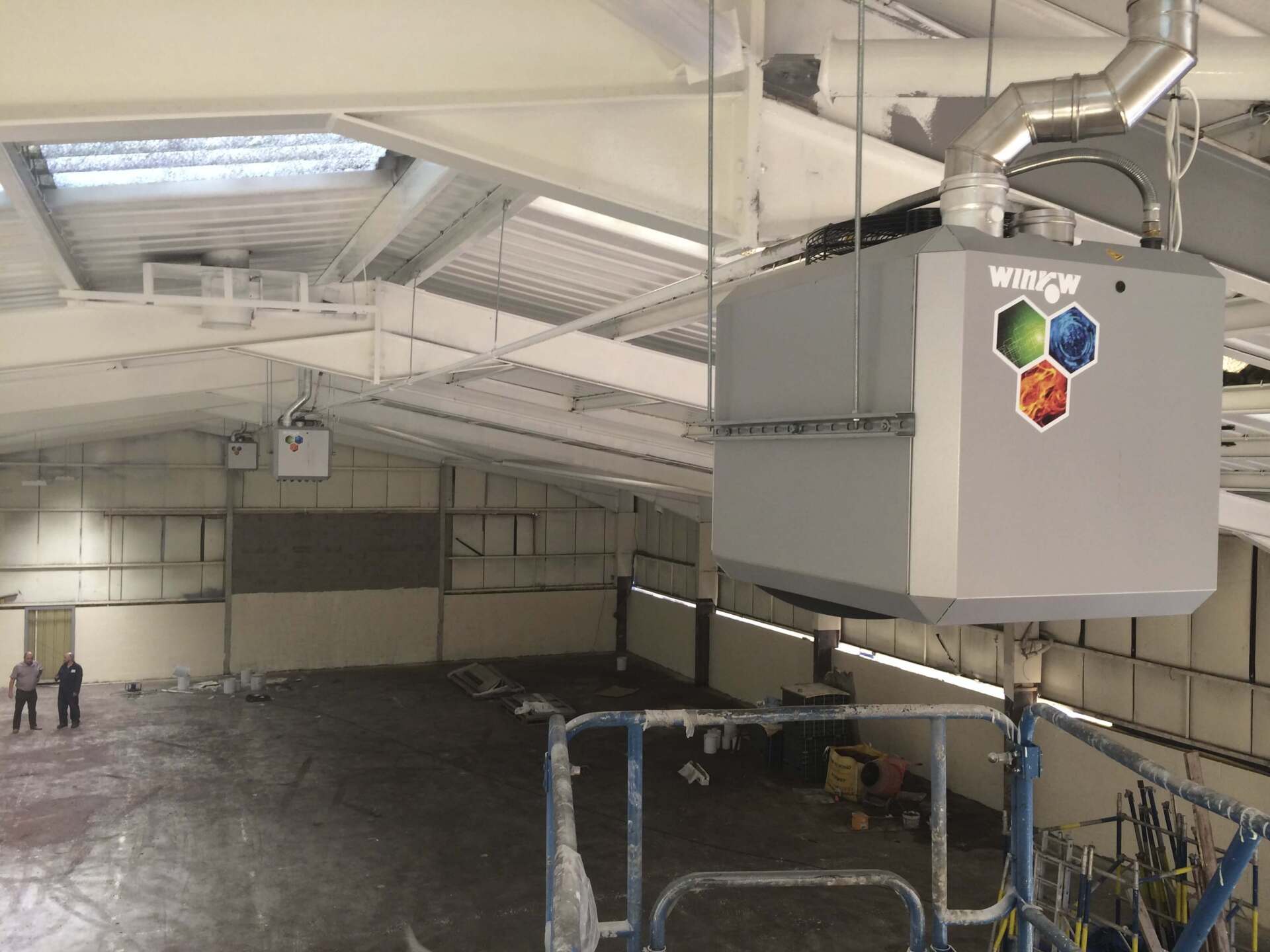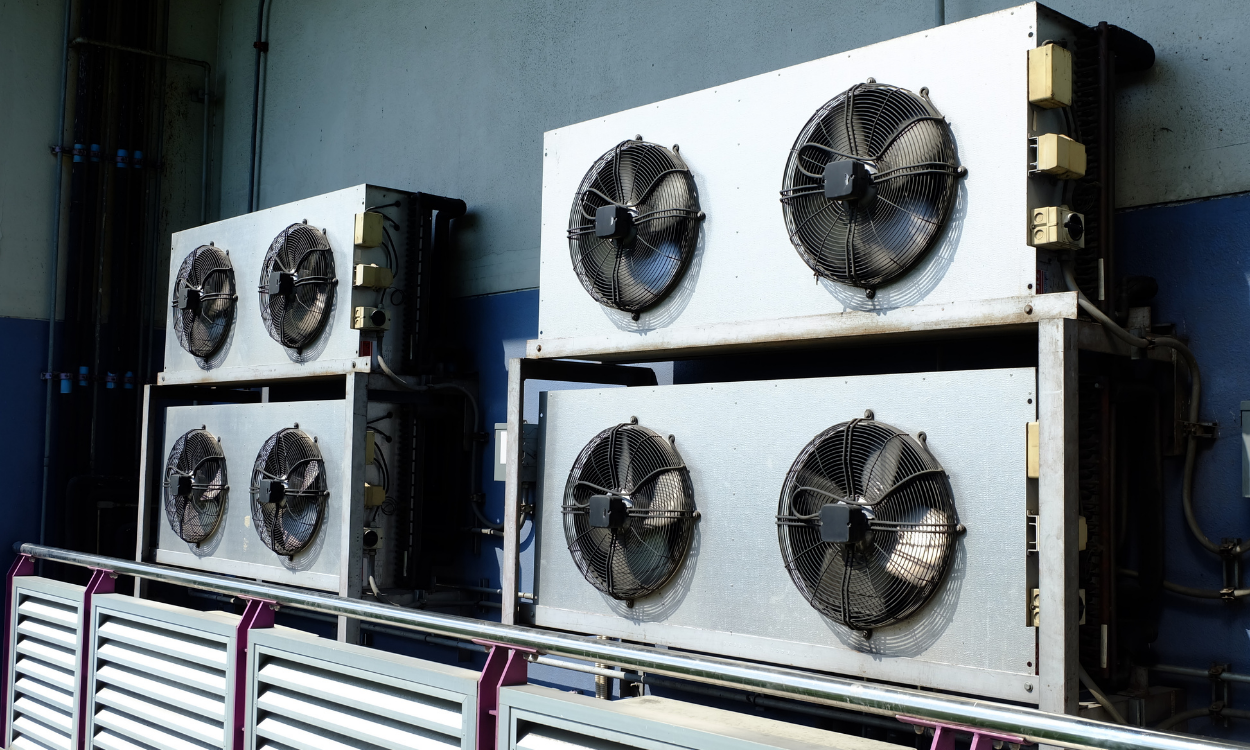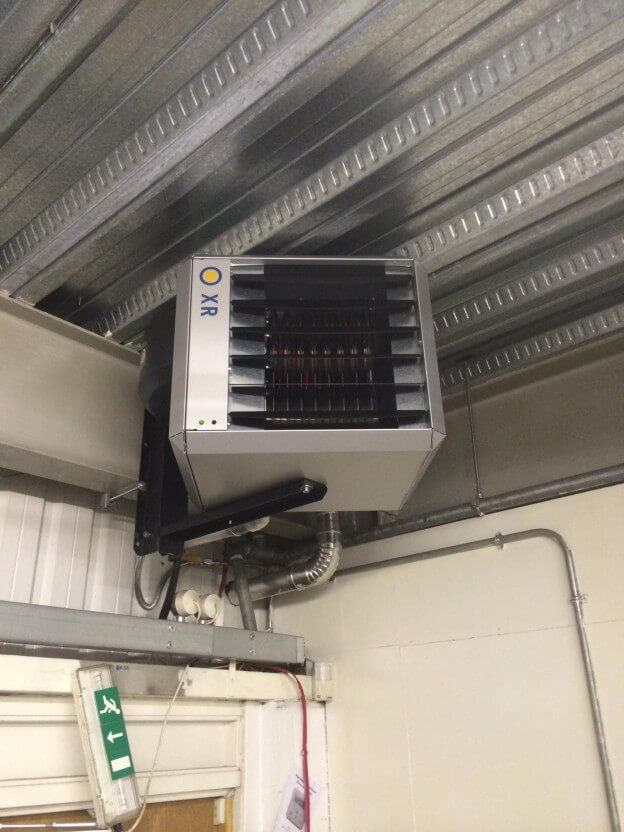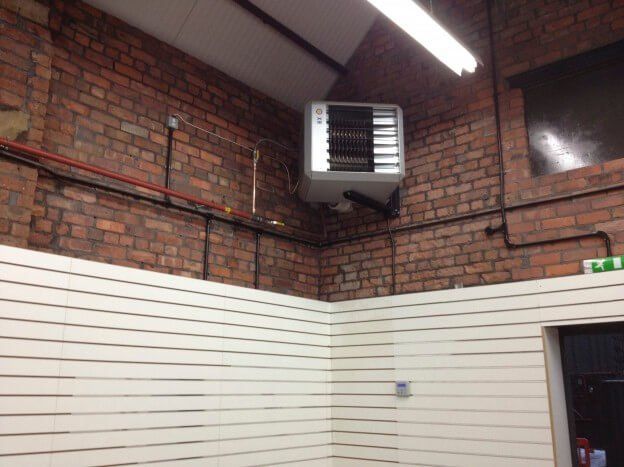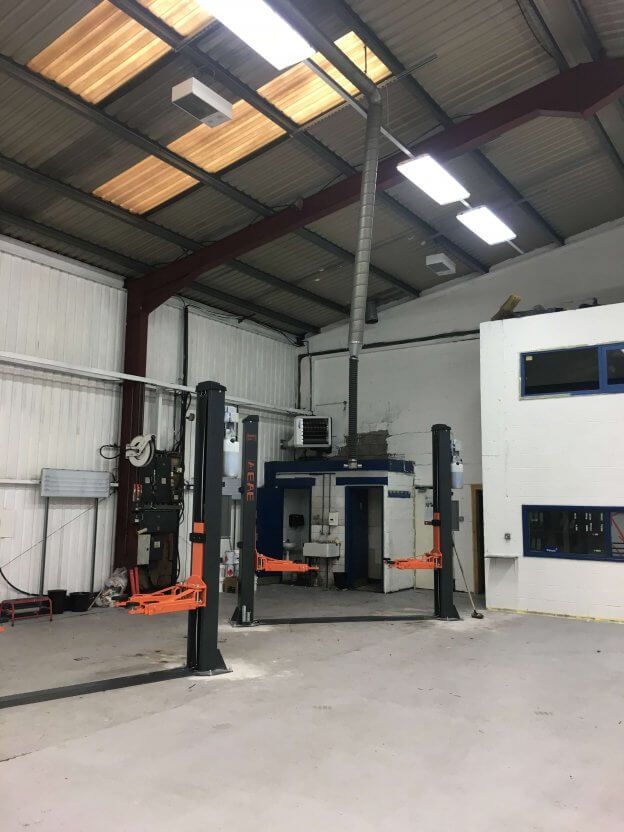How to Heat Your Garage: The Ultimate Guide
When the temperature drops, it can be a challenge to keep your garage warm and comfortable for those DIY projects or tinkering times. Heating your garage is not only beneficial for your comfort but also for preserving your valuable tools and equipment. In this ultimate guide, we will explore the factors to consider before choosing a heating system, the different options available, the pros and cons of each option, and the best practices for installation.
Determine Heating Needs
Before selecting a heating system, you must calculate the required BTU output for your garage. To do so, measure the volume of your garage, considering the ceiling height, the door size, and the number of windows. Insulation is also crucial for maintaining heat within your garage. Poor insulation may result in high energy costs and difficulty in keeping your garage warm.
Types of Heaters
There are different types of heaters to choose from, depending on your needs, budget, and preferences. Forced-air heaters use natural gas, oil, or propane and distribute warm air through vents or registers. Convection heaters, which may be powered by electricity, natural gas, or propane, heat the air that rises to the ceiling before circulating back down. Ductless heating and cooling split systems meet high energy guidelines, control temperature remotely, and operate noiselessly. In-floor heat that uses PEX tubing helps create a toasty-warm dream garage. Propane heaters, affordable options that come in various sizes. Electric ceiling panels, thin electrical panels that mount on ceilings for efficient energy use. 240v hard mounted electric heaters are also an option.
Pros and Cons of Heating Options
Each heating option has its advantages and disadvantages, according to your preferences. For instance, forced-air heaters are efficient and provide immediate heat but can be noisy and unsuitable for occasional use. In contrast, ductless heating and cooling systems are more expensive but offer consistent temperatures and control with their remote features. Propane heaters are a cost-effective option but require adequate ventilation to prevent health hazards. Electric ceiling panels are easy to install but may not offer enough warmth for larger garages.
How to Install a Garage Heater
The safest and most efficient way to install a garage heater depends on the type of heating system chosen. Forced-air heaters require proper venting, and ductwork installation, while in-floor heating requires burying pipes under layers of concrete. You should also follow safety tips to prevent fires and gas leaks, such as testing the carbon monoxide detector, checking the heater's electrical connections, and avoiding flammable materials nearby. Lastly, common issues during installation may include insufficient or poor wiring, inappropriate sizes, and blocked vents, which can be prevented with proper preparation and planning.
It's recommended to use a qualified expert to install any garage heating equipment.
What are the different types of garage heating?
Insulate the Garage:
Properly insulating a garage is crucial in keeping it comfortable during the winter months. The first step in insulating the garage should be adding plastic shrink films over the windows. This simple and inexpensive solution helps to prevent heat loss and keep the inside temperatures stable. It is also important to insulate the walls, ceiling, and garage doors with insulation materials of adequate R-value. This helps to prevent cold air from entering the space and keeps the warm air inside, making the space easier to heat and more energy-efficient.
Forced-Air Heater:
When heating a workspace like a garage, a forced-air heater may be the most effective option. These heaters run on either gas or propane and can quickly blast hot air across the room. One potential drawback to this type of unit is that dirt and debris can be blown around due to the forced airflow. To use them most effectively, the heater must be placed near the door to create a circulation of hot air that will move across the entire garage.
Convection Heater:
A convection heater is another heating option that circulates air across a heating element. These units can be powered by electricity, natural gas, or propane and are an excellent solution for heating small spaces like garages. They work by slowly heating a room and circulating warm air without creating drafts or circulating debris around the room. Convection heaters are typically quieter than forced-air heaters and tend to be more energy-efficient. However, they may take longer to heat the space, which is not ideal for those in a hurry.
Ductless Heating & Cooling:
Ductless Heating & Cooling systems are an excellent option for anyone who wants to save money on their utility bills whilst also reducing their carbon footprint. These split systems are highly energy efficient, meeting the strictest guidelines for energy consumption. Not only are they kinder to the planet, but they are also incredibly easy to install, making them a popular choice amongst homeowners across the country.
In-Floor Heat:
If you're looking to create the ultimate dream garage, then an in-floor heating system could be the solution you've been searching for. Using PEX tubing, which is threaded through the subfloor, this system ensures that your garage is always toasty-warm, even on the coldest of days. This type of system is an ideal option for anyone who wants to spend time in their garage, whether you're tinkering with your car or simply enjoying your hobbies.
Propane Heaters:
Propane heaters are an affordable and versatile option for anyone who needs to heat a large space quickly and easily. Available in a range of sizes, these heaters can be manually or automatically operated depending on your preference. They provide warm air instantaneously, making them an ideal choice for situations where time is of the essence.
Electric Ceiling Panels:
Electric ceiling panels are another option for people who are looking for an efficient and effective way to warm or cool their home. These thin electrical panels mount onto ceilings, and are highly energy efficient, making them an ideal option for homeowners who are looking to save money on their energy bills. They are also incredibly quick to warm up or cool down, ensuring that your home is always at the perfect temperature.
Mounted Electric Heater:
Mounted Electric Heaters are a great option for small spaces that require intense heat. These heaters are usually hardwired and mounted on the wall or ceiling, making it convenient for the user to adjust the temperature according to their comfort. The 240v system offers a high level of heating output that is perfect for those chilly winter nights. These heaters are easy to install and are available in different sizes, shapes and colours that blend well with the décor of your home or office. Mounted Electric Heaters have the potential to consume less energy and offer a cost-effective solution to keep your space warm and comfortable.
Radiant Heaters:
Radiant Heaters are designed to heat specific areas by radiating heat from its source. These heaters can be powered by natural gas, propane or electricity, giving users the flexibility of choosing the power source based on their preference. Radiant heaters are best used in colder regions and can be installed near walls to provide warmth and comfort to those seated or standing around it. These heaters have several advantages such as instant heat that is felt almost immediately, cost-effective operation and easy installation. Radiant heaters are also known to be energy efficient, making it a great option for anyone who wants to save money on their energy bills.
Solar-Air Heat System:
Solar-Air Heat Systems use the sun’s energy to warm up air that is circulated into the room. This sustainable technology utilises the energy from the sun and converts it into heat energy that is used to produce warm air. The solar heating panels are installed outside the house and can efficiently transfer heat energy into the house. Solar-Air Heat Systems are cost-effective, environment-friendly and require low maintenance. This technology can be installed in homes, offices, and other establishments that require a steady flow of warm air to keep the space comfortable throughout the year.
Heat Pump:
Heat Pumps are a combination of cooling and heating systems that are designed for efficient operation. These pumps work best in mild climates and are most effective when the difference between indoor and outdoor temperatures is moderate. Heat pumps utilise electricity to move heat from one area to another, making it an energy-saving option for heating and cooling your space. These units are available in several varieties such as air to air, water source, and ground source pumps. Heat pumps are the ideal choice for those who are looking for an energy-efficient alternative to traditional HVAC systems. They offer excellent performance, low maintenance, and longer lifespan, making it a valuable investment for your home or office.
Portable Space Heaters:
Small but mighty, portable space heaters are a convenient and cost-effective way to heat up specific areas in your garage without having to invest in a full heating solution. They come in a variety of shapes and sizes and are available in both electric and gas-powered options. Electric heaters are generally safer and more efficient, but gas-powered ones tend to be more powerful and can heat larger areas. Be sure to choose a model that has automatic shut-off features and is designed for indoor use to prevent any safety concerns.
Fireplace or Stove:
For those who love a cozy, rustic feel, installing a wood-burning stove or fireplace in your garage can be a great way to not only heat up the space but also add some charm and personality to it. While these options can be a bit more expensive and require some extra maintenance, they offer the added benefit of being able to be used during power outages when other heating sources may not be available. However, it is important to ensure that the area around the stove or fireplace is properly ventilated and fire-resistant to prevent any safety hazards.
Smart Thermostat:
A smart thermostat allows you to remotely control your garage’s heating system from your smartphone or other smart devices. This technology can help you save on energy costs by allowing you to adjust the temperature based on your specific needs, whether you’re at home or away. Some models even use artificial intelligence to learn your habits and preferences to create a personalised heating schedule for your garage. Installing a smart thermostat is a relatively simple and affordable upgrade that can make a big difference in both your comfort levels and your energy bills.
Air Conditioner/Dehumidifier:
If you live in a hot, humid climate, adding an air conditioner or dehumidifier to your garage can help keep the space cool and dry. Excess moisture in the air can lead to mold and mildew growth, so keeping the humidity levels in check is important for both your health and the overall condition of your garage. There are a variety of air conditioning and dehumidifier options available, including portable units and window units. Be sure to choose a model that is appropriate for the size of your garage and has energy-saving features to keep your electricity costs low.
Ventilation System:
Ventilation systems are an essential part of any well-designed home and can have a huge impact on indoor air quality. By properly ventilating your home, you can help reduce the accumulation of pollutants such as mold, carbon monoxide, and even harmful gases from household cleaners. Investing in an energy-efficient ventilation system can also help to regulate the temperature and humidity of your home, keeping it comfortable and welcoming year-round. Modern ventilation systems are often highly automated, incorporating sensors and smart controls that can help to optimize your home's ventilation while minimizing energy consumption.
Garage Door Insulation:
Garage door insulation is another key element in maintaining a comfortable indoor environment. An insulated door helps to prevent heat loss through your garage, reducing your energy bills and making your home more energy-efficient overall. Insulated doors also provide a level of soundproofing, helping to keep noise from the street or your neighbors out of your home. Additionally, an insulated garage door can help protect your vehicles and other belongings from inclement weather and help to maintain a more consistent temperature inside your garage. When selecting an insulated garage door, be sure to choose a model with a high R-value, indicating a high level of insulation.
Conclusion:
In this ultimate guide, we have examined the factors to consider when heating your garage, the different types of heaters to choose from, the benefits and drawbacks of each heating option, and the best practices for installation. You must choose the heating system that meets your budget, energy efficiency, safety, and convenience requirements. If you're unsure which option to pursue, consult with a professional heating and air conditioning contractor or read customer reviews and testimonials to make an informed decision. Investing in a reliable and
efficient heating system for your garage enables you to maximise its use all year round while providing comfort and protection for your tools and equipment.
Share This Post.
Need a Quote?
Is your business is looking for heating upgrade or an installation quote? Please call us on 08000 588 035 for a free quotation or fill out our contact form and we’ll get back to you as soon as we can.
If you could also attach some relevant images of the building and advise the building volumetric, it will help with our initial design assessment. Thank you.
Winrow - Enquiry Form
Industrial Heating - Latest News
